Find Help
More Items From Ergsy search
-
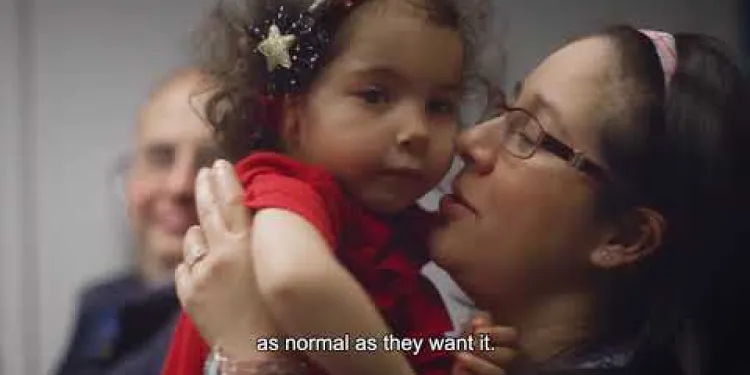
My baby has a hearing loss - what next?
Relevance: 100%
-
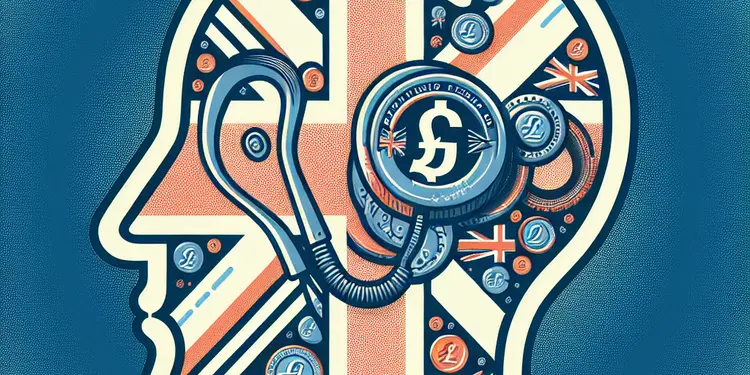
Is tinnitus linked to hearing loss?
Relevance: 69%
-
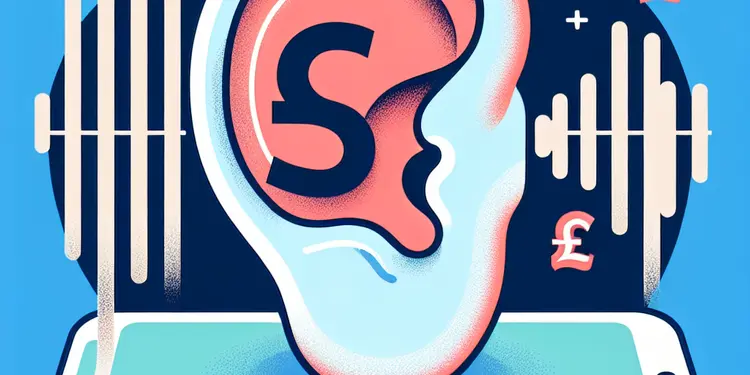
Can tinnitus be a sign of hearing damage?
Relevance: 50%
-
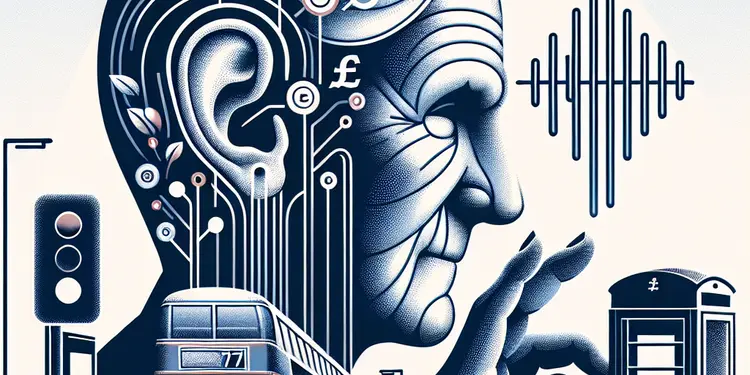
Are there specific hearing issues that pose a risk to older drivers?
Relevance: 50%
-

Showing you around your hearing aid
Relevance: 43%
-
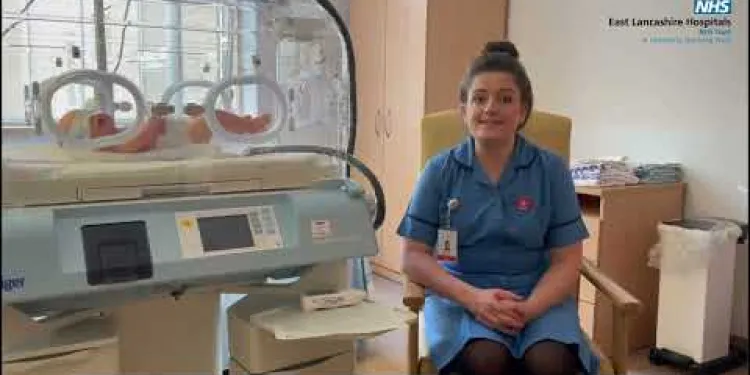
Jaundice in babies
Relevance: 43%
-
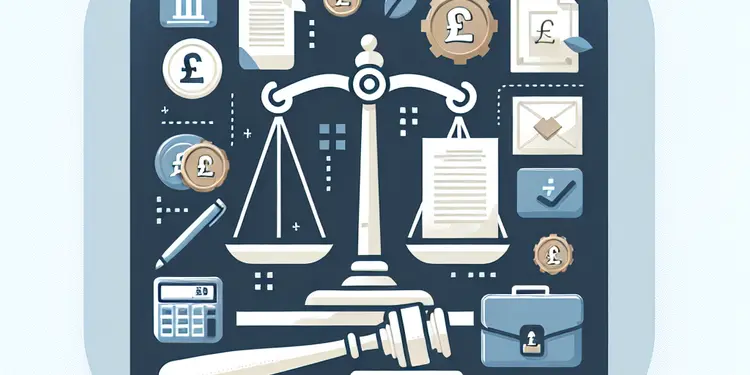
How do I prepare for a tribunal hearing?
Relevance: 43%
-
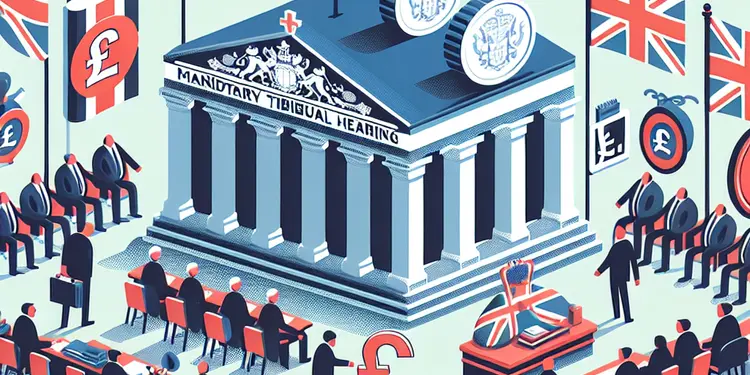
Will attending a tribunal hearing be mandatory?
Relevance: 42%
-
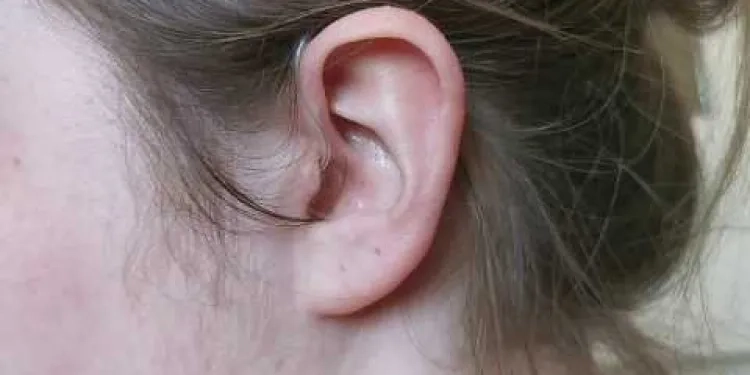
How to remove your hearing aid
Relevance: 42%
-
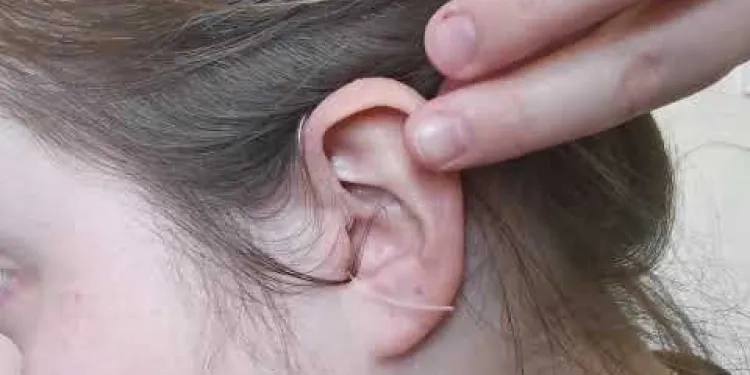
How to insert your hearing aid
Relevance: 41%
-
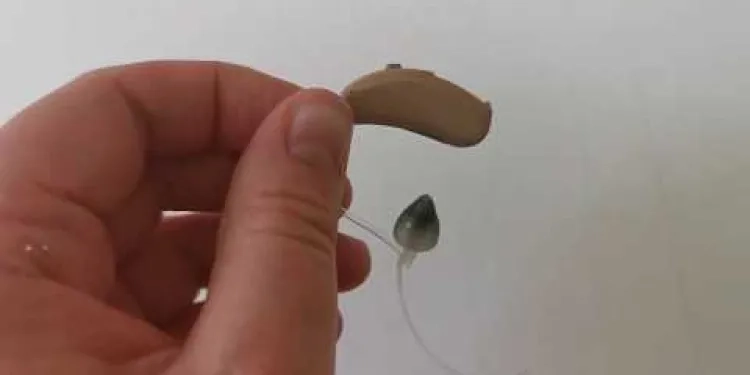
How to clean your hearing aid
Relevance: 41%
-

What happens during a tribunal hearing?
Relevance: 41%
-
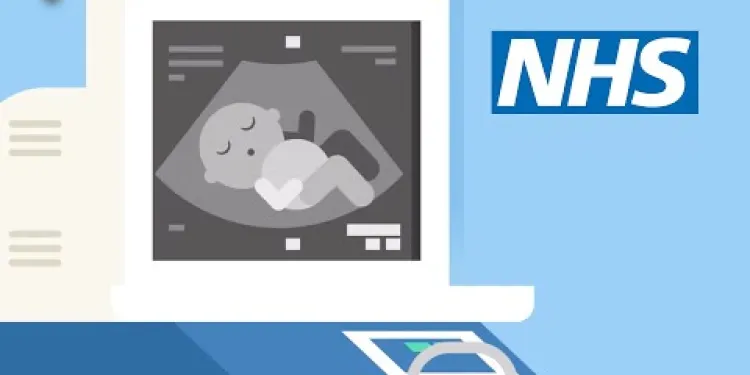
Screening tests for you and your baby | NHS
Relevance: 41%
-
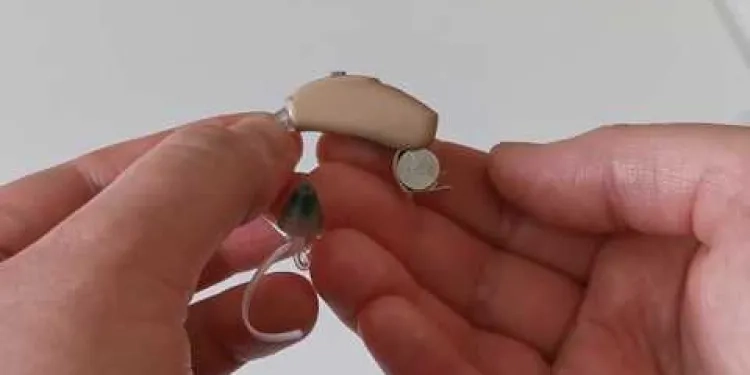
How to turn your hearing aids on and off
Relevance: 40%
-
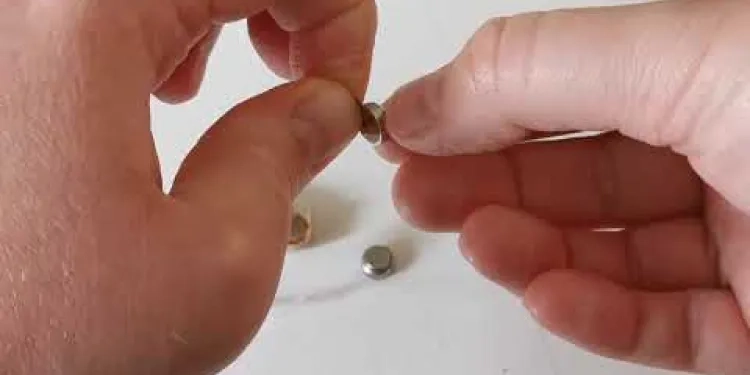
How to change your hearing aid battery
Relevance: 40%
-
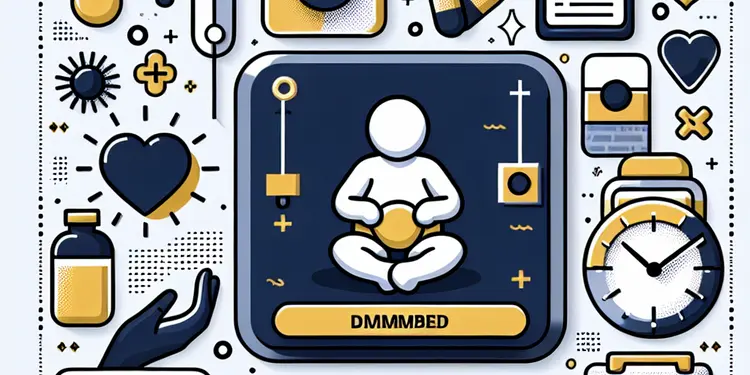
Can jaundice reoccur in babies?
Relevance: 39%
-
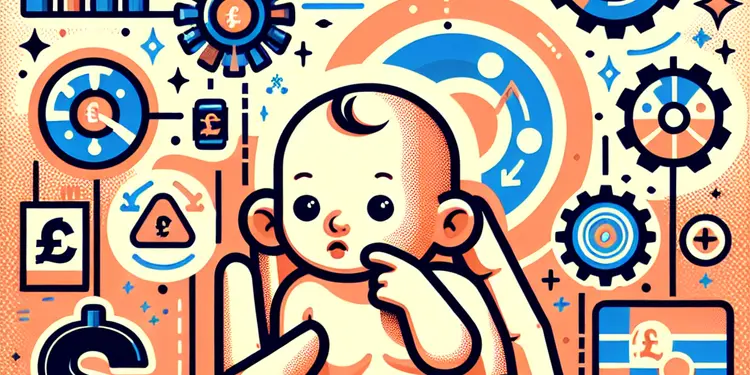
What are the symptoms of jaundice in a baby?
Relevance: 39%
-

Do formula-fed babies get jaundice?
Relevance: 39%
-

Are baby sleep pillows safe?
Relevance: 38%
-

Postpartum Health: Mother and Baby
Relevance: 38%
-

How can I prepare for an eviction court hearing?
Relevance: 38%
-

Why do babies get jaundice?
Relevance: 37%
-
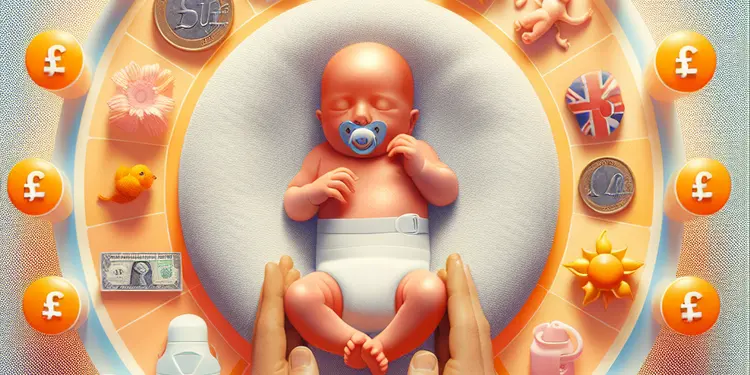
Is it safe to sunbathe a baby with jaundice?
Relevance: 37%
-

How do I know if my baby food is safe?
Relevance: 37%
-

Is it okay to use a baby sleep positioner?
Relevance: 37%
-
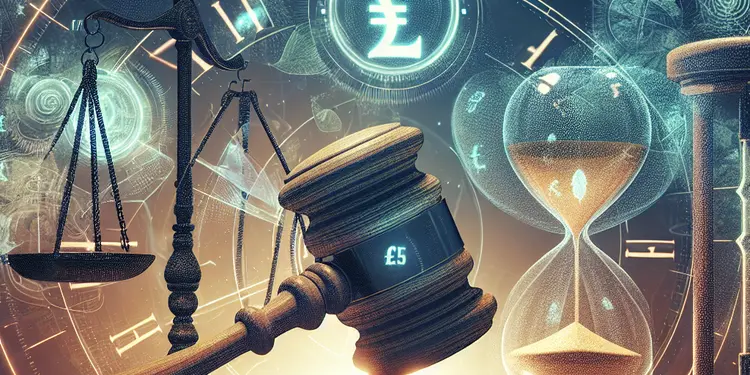
What role do preliminary hearings play in the timing of a case coming to court?
Relevance: 36%
-

Are there any benefits to using baby sleep pillows?
Relevance: 36%
-

What are the risks associated with baby sleep pillows?
Relevance: 36%
-
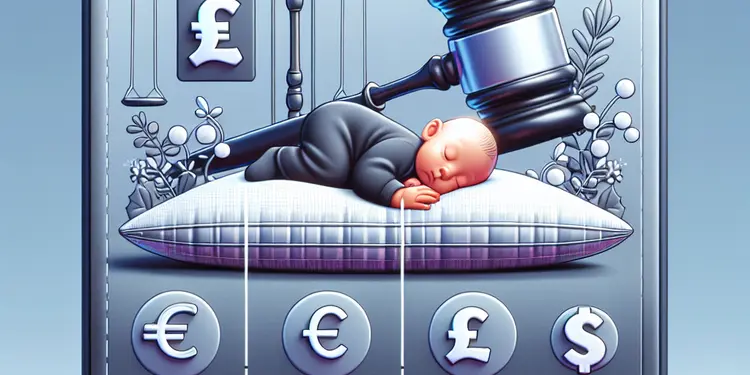
Are there any regulations on the sale of baby sleep pillows?
Relevance: 36%
-
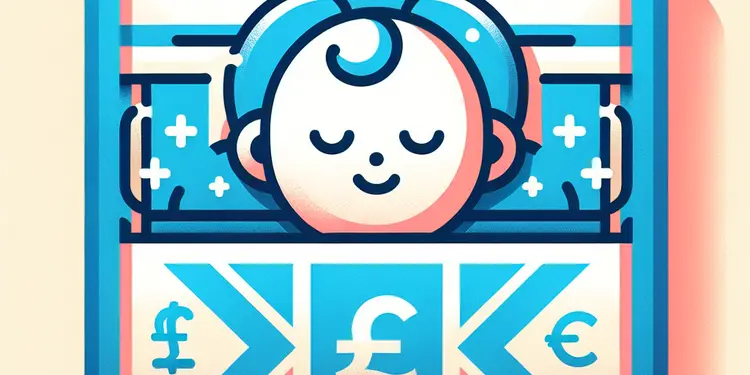
Why are baby sleep pillows not safe for infants?
Relevance: 35%
-
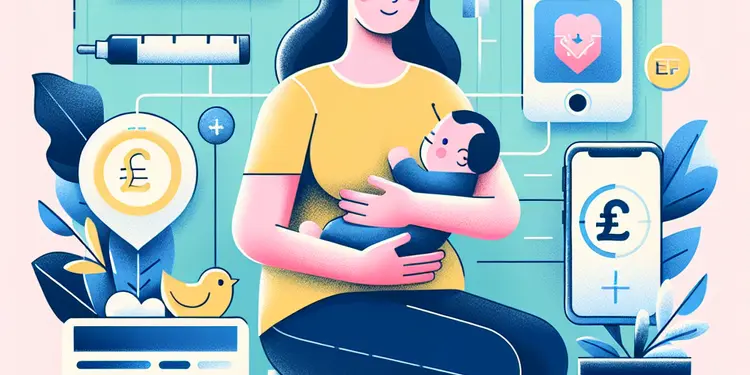
How is postnatal depression different from the 'baby blues'?
Relevance: 35%
-

What signs indicate spoiled baby food?
Relevance: 35%
-

How long can homemade baby food be stored in the fridge?
Relevance: 35%
-

What storage practices should I follow for baby food?
Relevance: 35%
-
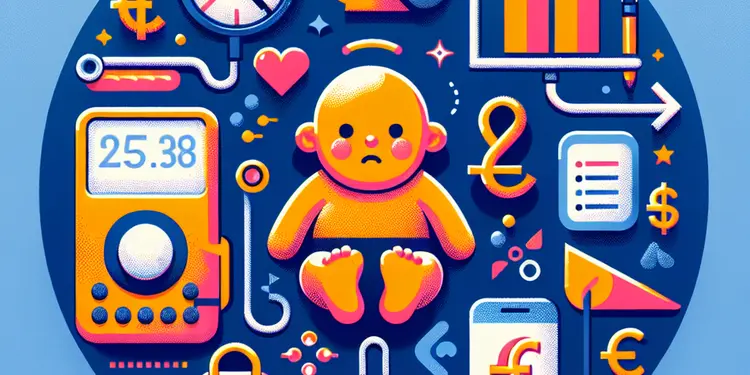
What can increase the risk of jaundice in a baby?
Relevance: 35%
-
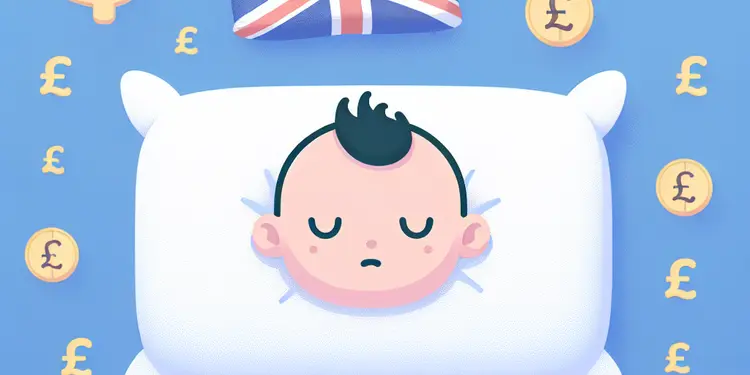
Can baby sleep pillows help with reflux issues?
Relevance: 35%
-
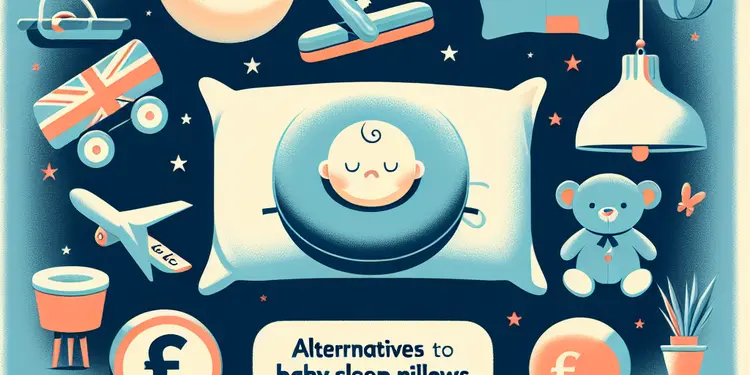
What alternatives to baby sleep pillows are considered safe?
Relevance: 35%
-

What should I do if my baby has a preference for sleeping with a pillow?
Relevance: 35%
-
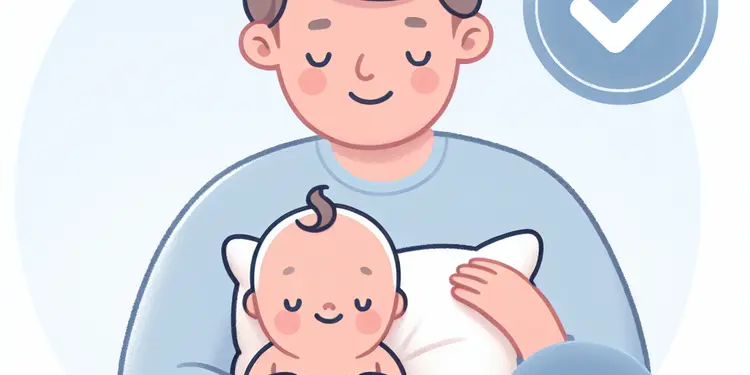
At what age is it safe for a baby to use a pillow?
Relevance: 34%
-
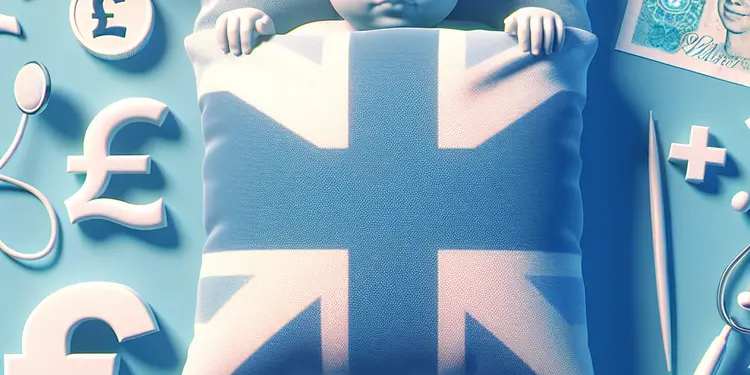
What do pediatricians recommend about baby sleep pillows?
Relevance: 34%
My Baby Has a Hearing Loss - What Next?
Understanding the Diagnosis
Receiving the diagnosis that your baby has a hearing loss can be overwhelming. The first step is understanding the type and degree of hearing loss. Types of hearing loss include sensorineural, conductive, or mixed. The degree of hearing loss can range from mild to profound. It's important to discuss your baby's test results in detail with an audiologist, who will explain what the diagnosis means for your child's hearing and development.Early Intervention Services
In the United Kingdom, early intervention services can make a significant difference in the development of children with hearing loss. Contact your local audiology department to explore the options available. The National Health Service (NHS) offers comprehensive support, including hearing aids, cochlear implants, and therapy services. Early intervention can help your baby develop essential communication skills through speech therapy or sign language.Support from Specialists
Your healthcare team will likely include various specialists, such as audiologists, speech and language therapists, and paediatricians. Each professional plays a key role in managing your baby’s condition and ensuring they receive the best possible care. Regular check-ups and hearing assessments will be part of your baby's ongoing health plan to monitor and support their development.Technological Assistance
Advancements in hearing technology provide numerous aids to support your baby's hearing needs. Hearing aids amplify sound and are suitable for varying degrees of hearing loss. Cochlear implants may be recommended for severe hearing loss when hearing aids are not effective. Bone conduction hearing devices are another option, particularly for conductive hearing loss. Discussing these technologies with your audiologist will help determine the best solution for your baby.Parental Support Networks
Connecting with other parents who have children with hearing loss can provide emotional and practical support. Organisations such as the National Deaf Children's Society (NDCS) offer resources, advice, and community support for families. These networks are invaluable for sharing experiences, gaining insights, and finding encouragement during challenging times.Educational Resources
As your child grows, understanding their educational rights and options is crucial. The UK provides various support mechanisms within the educational system for children with hearing loss. Working with your child's nursery, school, and local education authority (LEA) will ensure they receive any necessary accommodations, such as preferential seating, sound field systems, and specialised teaching strategies.Looking Ahead
With the right support and resources, children with hearing loss can lead fulfilling lives. Setting realistic expectations and working closely with your healthcare and educational teams will help your baby achieve their full potential. Your love, support, and proactive approach are fundamental to your child's success.My Baby Has a Hearing Loss - What Next?
Understanding the Diagnosis
Finding out your baby has hearing loss can be scary. First, learn about the type and level of hearing loss. Types can be sensorineural, conductive, or mixed. Hearing loss can be mild, moderate, or severe. Talk to an audiologist about your baby's test results. They will explain what it means for your baby's hearing and learning.Early Intervention Services
In the UK, getting help early can greatly help your baby. Contact the local audiology department to see what support is available. The NHS provides help like hearing aids, cochlear implants, and therapy. Early help can teach your baby to communicate using speech or sign language.Support from Specialists
Your healthcare team will include experts like audiologists, speech therapists, and doctors for children. They help take care of your baby and make sure they get the best care. Your baby will have regular check-ups to see how they are doing.Technological Assistance
New technology can help your baby's hearing. Hearing aids make sounds louder and can help with different kinds of hearing loss. Cochlear implants might help if hearing aids don’t work. Bone conduction devices can help with certain types of hearing loss. Talk to an audiologist to find the best option for your baby.Parental Support Networks
Meeting other parents of children with hearing loss can give you support. Groups like the National Deaf Children's Society (NDCS) offer help, advice, and a community. These groups are great for learning from others and finding comfort when times are tough.Educational Resources
As your child grows, learn about their school needs and rights. The UK has ways to help children with hearing loss in school. Work with your child's nursery, school, and local education authority (LEA) for any special help, like better seating or special teaching methods.Looking Ahead
With the right help, children with hearing loss can have happy lives. Setting goals and working with your healthcare and school teams can help your baby reach their best. Your love and support are key to your child's success.Frequently Asked Questions
What should I do if I suspect my baby has a hearing loss?
If you suspect your baby has a hearing loss, it is important to consult your paediatrician for an initial assessment. They may refer you to an audiologist for a hearing test.
How is hearing loss in babies diagnosed?
Hearing loss in babies is diagnosed through a series of assessments conducted by an audiologist. This often includes the Auditory Brainstem Response (ABR) test and Otoacoustic Emissions (OAE) test.
What causes hearing loss in babies?
Hearing loss in babies can be caused by genetic factors, infections during pregnancy, complications at birth, certain illnesses, or exposure to loud noises.
Can hearing loss be treated?
Treatment depends on the type and severity of hearing loss. Options may include hearing aids, cochlear implants, or other medical or surgical interventions combined with speech therapy and educational support.
What support is available for families with a baby who has a hearing loss?
In the UK, families can access support from the NHS, local audiology services, speech and language therapists, and organisations such as the National Deaf Children's Society (NDCS).
Will my baby need to learn sign language?
Learning sign language can be beneficial, but it depends on the degree of hearing loss and the family's communication preferences. Some families choose a combination of spoken language and sign language for greater flexibility.
What are hearing aids and how can they help my baby?
Hearing aids are electronic devices that amplify sound. They can help babies with mild to moderate hearing loss by making sounds louder and clearer, which is crucial for speech and language development.
What is a cochlear implant and how does it work?
A cochlear implant is an electronic medical device that replaces the function of the damaged inner ear. It provides a sense of sound to individuals with severe to profound sensorineural hearing loss.
How can early intervention help my baby's development?
Early intervention can significantly improve your baby's speech, language, and social skills. Services may include hearing aids, speech therapy, and specialised educational programs.
Are there special schools for children with hearing loss?
Yes, there are special schools and mainstream schools with special units for children with hearing impairments. The choice of school will depend on your child's needs and the level of support they require.
How can I help my baby with hearing loss at home?
You can support your baby by using clear and expressive communication, reading to them regularly, and creating a rich auditory environment. Consistent use of hearing devices as recommended by professionals is also important.
What role do audiologists play in managing my baby’s hearing loss?
Audiologists are healthcare professionals specialized in diagnosing and managing hearing loss. They will conduct hearing tests, fit hearing aids, and monitor your baby’s hearing over time.
How often will my baby need to see an audiologist?
Initially, your baby may need frequent visits to an audiologist, especially after being fitted with hearing aids or a cochlear implant. Regular follow-ups, typically every 3 to 6 months, are important to monitor progress and make any necessary adjustments.
What financial support is available for parents of children with hearing loss?
In the UK, financial support may be available through Disability Living Allowance (DLA) for children. Additionally, equipment and services may be provided through the NHS and educational grants.
How can I connect with other parents of children with hearing loss?
You can connect with other parents through support groups, both online and in person. Organisations such as the NDCS offer resources and forums where parents can share experiences and advice.
What can I do if I think my baby can't hear well?
If you think your baby cannot hear well, talk to their doctor. The doctor can check your baby. They might send you to a hearing doctor for a special test.
How do doctors find out if a baby has trouble hearing?
Doctors check if a baby can hear in different ways. They might use special tests and machines to help. It is important to find out early if a baby has trouble hearing.
If you are worried about your baby's hearing, talk to your doctor. They can help and give you advice.
There are also helpful tools and people who can support you and your baby.
Doctors check if babies have trouble hearing. They do this with a hearing doctor, called an audiologist. The checks include tests like the Auditory Brainstem Response (ABR) test and Otoacoustic Emissions (OAE) test.
Why do some babies have trouble hearing?
Some babies have trouble hearing. This can happen because:
- They were born early (premature).
- There are problems in the ear that they were born with.
- Their parents or family members also have hearing problems.
- They got sick when they were born.
If your baby has trouble hearing, talk to a doctor. They can help. You can also use picture books or toys that make sounds to help your baby learn.
Babies might not hear well because of different reasons. It can come from a problem in their genes, an illness in the mom before they are born, problems when they are born, getting sick, or hearing really loud sounds.
Can you fix hearing loss?
If you have trouble hearing, there are different ways to help. What you need depends on how much you can't hear and what type of hearing problem you have. You might use hearing aids, which make sounds louder. Some people might get a cochlear implant, which helps them hear in a different way. Sometimes, doctors or nurses can help with special treatments or surgery. It can also be helpful to have speech lessons and extra help at school.
What help can families get if their baby cannot hear well?
In the UK, families can get help from the NHS, local hearing services, speech and language helpers, and groups like the National Deaf Children's Society (NDCS).
Does my baby need to learn sign language?
Some babies can learn sign language. This can help them tell you what they want before they can talk. It is not a must, but it can be fun and useful.
If you are interested, try using simple signs during daily activities. Show the sign while you say the word, like "milk" or "more."
You can watch videos, use picture books, or join a class to learn with your baby.
Learning sign language can be helpful. It depends on how much hearing loss there is. It also depends on how the family likes to talk to each other. Some families use both talking and sign language. This gives them more ways to communicate.
What are hearing aids and how can they help my baby?
Hearing aids are small machines that help people hear better. They help sounds become louder. Hearing aids can help your baby listen to voices and noises. This can help them learn to talk.
If your baby needs help to hear, you can talk to a doctor. The doctor can tell you if hearing aids are good for your baby.
There are ways to help your baby with hearing aids:
- Practice putting on hearing aids.
- Make it fun by clapping or singing.
- Read to your baby to help them hear words.
Hearing aids are small machines that make sounds louder. They can help babies who have trouble hearing. This is important because it helps babies learn to talk and understand words.
What is a cochlear implant and how does it work?
A cochlear implant is a special tool that helps people hear better. It is small and goes inside the ear.
This is how it works:
- The implant picks up sounds all around you.
- It turns the sounds into signals.
- Your brain understands these signals as sounds, and this helps you hear better.
If you want to know more, you can:
- Ask a doctor.
- Watch videos about it.
- Read simple books with lots of pictures.
A cochlear implant is a special device that helps people hear. It works when the part inside the ear does not. This helps people hear sounds, even if they have a lot of trouble hearing.
How can getting help early make my baby grow better?
Getting help early can be good for your baby. It can help your baby learn and grow.
It is good to talk to doctors or helpers if you are worried about your baby.
Using toys and games can help your baby learn. Singing and talking to your baby is good too.
Ask family and friends for help if you need it. They can give you support.
Getting help early can make a big difference for your baby's talking and social skills. They might use things like hearing aids, speech therapy, and special learning programs to help.
Are there special schools for children with hearing loss?
Are there schools for children who can't hear well?
Yes, there are schools just for kids who have trouble hearing. These schools can help them learn better.
In these schools, teachers know how to help kids with hearing problems. They use sign language and other ways to teach.
If you know a child who can't hear well, you can talk to a teacher or a doctor. They can help you find a good school.
Using hearing aids or learning sign language can also help children with hearing loss. These tools can make it easier to talk to friends and learn new things.
Yes, there are special schools for children who cannot hear very well. Some regular schools also have special classes for these children. You can choose the school that is best for your child, based on what they need and how much help they need.
How can I help my baby hear better at home?
You can help your baby by talking clearly and using lots of expressions. It's good to read them stories often. Make sure there's a lot of sounds around them, like different noises and music. Always use their hearing aids or other hearing tools, just like the doctor says.
How can audiologists help with my baby's hearing loss?
Audiologists are doctors who help with hearing. They can check if your baby has trouble hearing. They tell you what to do to help your baby's ears. They might give your baby a hearing aid. This helps your baby hear better.
To make it easier, you can:
- Use pictures when talking about hearing.
- Ask the audiologist any questions you have.
- Write down what the audiologist tells you.
Audiologists are healthcare workers who help people with hearing. They find out if someone cannot hear well and help make it better. They do hearing tests, give you hearing aids that help you hear better, and check on your baby's hearing as they grow.
How often will my baby go to the hearing doctor?
At first, your baby might need to see a hearing doctor a lot. This is really important after they get hearing aids or a special device called a cochlear implant. It's good to see the doctor every 3 to 6 months. This helps the doctor check how your baby's hearing is doing and make changes if needed.
Help with Money for Parents of Children Who Can't Hear Well
What money help can parents get if their child has trouble hearing?
It might be good to talk to someone who knows about money help, like a social worker.
In the UK, there is money help for children with disabilities. This help is called Disability Living Allowance (DLA). The NHS can also give equipment and services. Schools might have grants to help too.
How can I meet other parents of kids who can't hear well?
Here are some easy steps to help you:
- Join a group: Look for clubs or groups for parents of kids who can't hear well. You can find these online or in your town.
- Ask your child's school: Schools often know other parents who have kids like yours. They can help you connect.
- Use social media: Websites like Facebook have many groups for parents to share tips and stories.
- Attend events: Go to events for families of kids who can't hear well. You can meet new friends there.
- Talk to a doctor: Doctors often know groups or people who can help you meet other parents.
These ideas can help you find other parents to talk with and share with.
You can meet other parents in support groups. These groups can be online or you can go to them in person. Groups like the NDCS have special places where parents can talk and share ideas. They help each other by sharing their stories and giving advice.
Useful Links
This website offers general information and is not a substitute for professional advice.
Always seek guidance from qualified professionals.
If you have any medical concerns or need urgent help, contact a healthcare professional or emergency services immediately.
Some of this content was generated with AI assistance. We’ve done our best to keep it accurate, helpful, and human-friendly.
- Ergsy carfully checks the information in the videos we provide here.
- Videos shown by Youtube after a video has completed, have NOT been reviewed by ERGSY.
- To view, click the arrow in centre of video.
- Most of the videos you find here will have subtitles and/or closed captions available.
- You may need to turn these on, and choose your preferred language.
- Go to the video you'd like to watch.
- If closed captions (CC) are available, settings will be visible on the bottom right of the video player.
- To turn on Captions, click settings .
- To turn off Captions, click settings again.
More Items From Ergsy search
-

My baby has a hearing loss - what next?
Relevance: 100%
-

Is tinnitus linked to hearing loss?
Relevance: 69%
-

Can tinnitus be a sign of hearing damage?
Relevance: 50%
-

Are there specific hearing issues that pose a risk to older drivers?
Relevance: 50%
-

Showing you around your hearing aid
Relevance: 43%
-

Jaundice in babies
Relevance: 43%
-

How do I prepare for a tribunal hearing?
Relevance: 43%
-

Will attending a tribunal hearing be mandatory?
Relevance: 42%
-

How to remove your hearing aid
Relevance: 42%
-

How to insert your hearing aid
Relevance: 41%
-

How to clean your hearing aid
Relevance: 41%
-

What happens during a tribunal hearing?
Relevance: 41%
-

Screening tests for you and your baby | NHS
Relevance: 41%
-

How to turn your hearing aids on and off
Relevance: 40%
-

How to change your hearing aid battery
Relevance: 40%
-

Can jaundice reoccur in babies?
Relevance: 39%
-

What are the symptoms of jaundice in a baby?
Relevance: 39%
-

Do formula-fed babies get jaundice?
Relevance: 39%
-

Are baby sleep pillows safe?
Relevance: 38%
-

Postpartum Health: Mother and Baby
Relevance: 38%
-

How can I prepare for an eviction court hearing?
Relevance: 38%
-

Why do babies get jaundice?
Relevance: 37%
-

Is it safe to sunbathe a baby with jaundice?
Relevance: 37%
-

How do I know if my baby food is safe?
Relevance: 37%
-

Is it okay to use a baby sleep positioner?
Relevance: 37%
-

What role do preliminary hearings play in the timing of a case coming to court?
Relevance: 36%
-

Are there any benefits to using baby sleep pillows?
Relevance: 36%
-

What are the risks associated with baby sleep pillows?
Relevance: 36%
-

Are there any regulations on the sale of baby sleep pillows?
Relevance: 36%
-

Why are baby sleep pillows not safe for infants?
Relevance: 35%
-

How is postnatal depression different from the 'baby blues'?
Relevance: 35%
-

What signs indicate spoiled baby food?
Relevance: 35%
-

How long can homemade baby food be stored in the fridge?
Relevance: 35%
-

What storage practices should I follow for baby food?
Relevance: 35%
-

What can increase the risk of jaundice in a baby?
Relevance: 35%
-

Can baby sleep pillows help with reflux issues?
Relevance: 35%
-

What alternatives to baby sleep pillows are considered safe?
Relevance: 35%
-

What should I do if my baby has a preference for sleeping with a pillow?
Relevance: 35%
-

At what age is it safe for a baby to use a pillow?
Relevance: 34%
-

What do pediatricians recommend about baby sleep pillows?
Relevance: 34%


